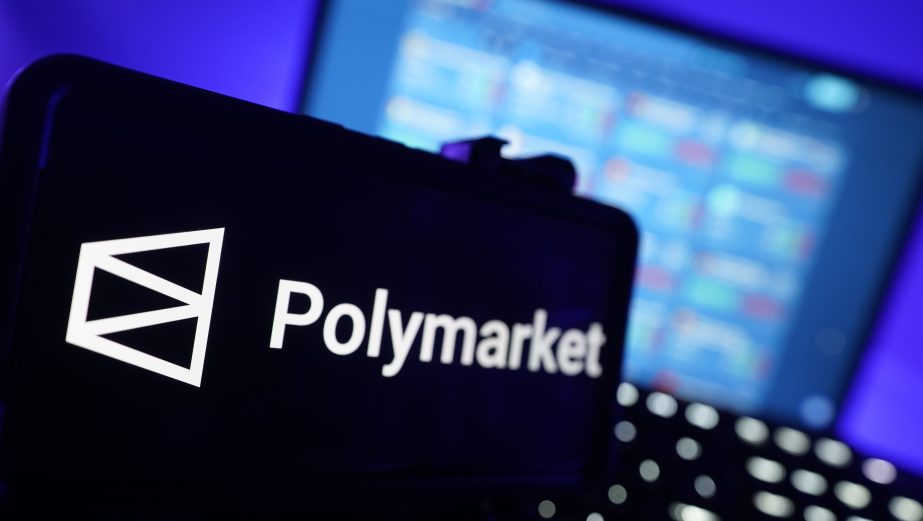Polymarket will not be able to offer its prediction markets in the U.S. until a government shutdown comes to an end if past precedent is anything to go by. In the past, the Commodity Futures Trading Commission (CFTC) has stayed self-certifications of new markets until the government returns to full activity. The current shutdown began Oct. 1.
However, CFTC Acting Chair Caroline Pham may have both the ability to change that policy and a belief that it should be changed.
Self-certification is a process in which a designated contract market (DCM) notifies the commission that it plans to list a new type of market. If the CFTC doesn’t step in to review or block the market, it may be offered, although it is not technically considered “approved.”
The last government shutdown lasted 35 days from December 2018-January 2019. There were two other shutdowns this century: one for three days in 2018 and one for 17 days in 2013.
“In the past, [CFTC] staff have taken the position that self-certifications are stayed during government shutdowns,” a legal expert in commodities regulation told InGame, before adding, “but that’s not written in law.”
A break from precedent may not be out of the question. InGame understands that Pham disagreed with the choice to stay self-certifications during a past shutdown. Pham worked as a special counsel and policy advisor at the office of Commissioner Scott O’Malia from 2013-14, including during the 2013 shutdown. That shutdown came as the commodities world was adapting to new CFTC policies required by the 2010 Dodd-Frank Act. She was also a commissioner in 2023, when a shutdown was narrowly avoided with a continuing resolution passed by Congress just three hours before funding would have run out.
Today, Pham is the only commissioner at the CFTC, giving her an opportunity to exert her influence over the regulator.
Polymarket needs self-certifications to launch
That stance will be particularly important to Polymarket, which has not yet relaunched in the U.S., but may be able to do so once its markets are self-certified.
QCEX — the DCM acquired by Polymarket in July as part of its U.S. relaunch — listed self-certification filings, addressed to the CFTC, on its site on Oct. 1. Polymarket listed for four types of markets, including for sports game winners, totals, and point spreads.
However, those contracts have still not appeared on the public CFTC portal. The last self-certification filing from any DCM listed on the CFTC site is from Sept. 29.
The CFTC rules portal shows a similar lack of activity since the shutdown. The last rules filing submitted to the CFTC was sent Sept. 29 and the last one certified by the regulator was on Sept. 30. A document submitted for “10-day review” by CME on Sept. 17 — unrelated to prediction markets — has still not been certified despite 12 working days having passed.
Almost the entire CFTC staff has been put on furlough due to the shutdown.
Polymarket gives a 70% chance that the shutdown ends Oct. 15 or later.
Could Polymarket press ahead?
Most DCMs, including Kalshi, may see little reason to test the CFTC’s stance by going live with a product based on a self-certification that has been sent to the CFTC but not processed.
However, Polymarket’s current position may make its self-certifications particularly urgent. Not only is the prediction market seemingly ready to launch in the U.S., but each day without going live potentially allows regulated incumbent Kalshi to continue to entrench its position as the largest prediction market in the U.S.
“It will be interesting to see if exchanges try to press ahead with new products,” the legal expert said. “This could be a very big deal to [Polymarket].”
DCMs have to self-certify their own version of a contract even if a contract on the same market has already been self-certified by a different DCM, as rules and anti-market manipulation policies always vary between exchanges.
Technically, Polymarket may be able to offer contracts that have been explicitly approved by the CFTC under Rule 40.5 of its regulations. However, no prediction market-style contracts — or indeed any contract listed as a “swap” — has ever been explicitly approved. Approved markets are generally futures contracts concerning the prices of actual commodities like oil, or financial and economic indices like the Dow Jones or yields on U.S. treasury notes.
Polymarket path to relaunch
Polymarket has had a long path to relaunching in the U.S. In November 2024, the business was the subject of a Department of Justice investigation over whether it was continuing to knowingly accept trades from the U.S., despite not being registered with the CFTC. Polymarket founder and CEO Shayne Coplan’s home was raided by the FBI in November 2024 as part of the investigation.
However, the probe was dropped in July and Polymarket announced that it had bought QCEX just days later. With QCEX already approved by the CFTC, the deal allowed Polymarket to bypass the years-long process of registration as a DCM.
On Sept. 3, Coplan wrote in a post on social media site X that his site had the “green light” to launch in the U.S., after the CFTC granted the business an exemption to certain minor reporting rules.







